Are you rewilding? Do you even know what it is? Perhaps you’ve seen posts on rewilding, accompanied by shots of wildflower meadows, rugged natural landscapes, birds, butterflies and other happy reinstated creatures? Maybe you are already rewilding your garden, have grown your own meadow or are indulging in wild swimming or forest bathing. Or are you just rewilding-curious?
Whatever, there’s no doubt that rewilding is the new green. But what is it? Come with us and take a walk on the wild side…
Rewilding - embracing the overgrowth
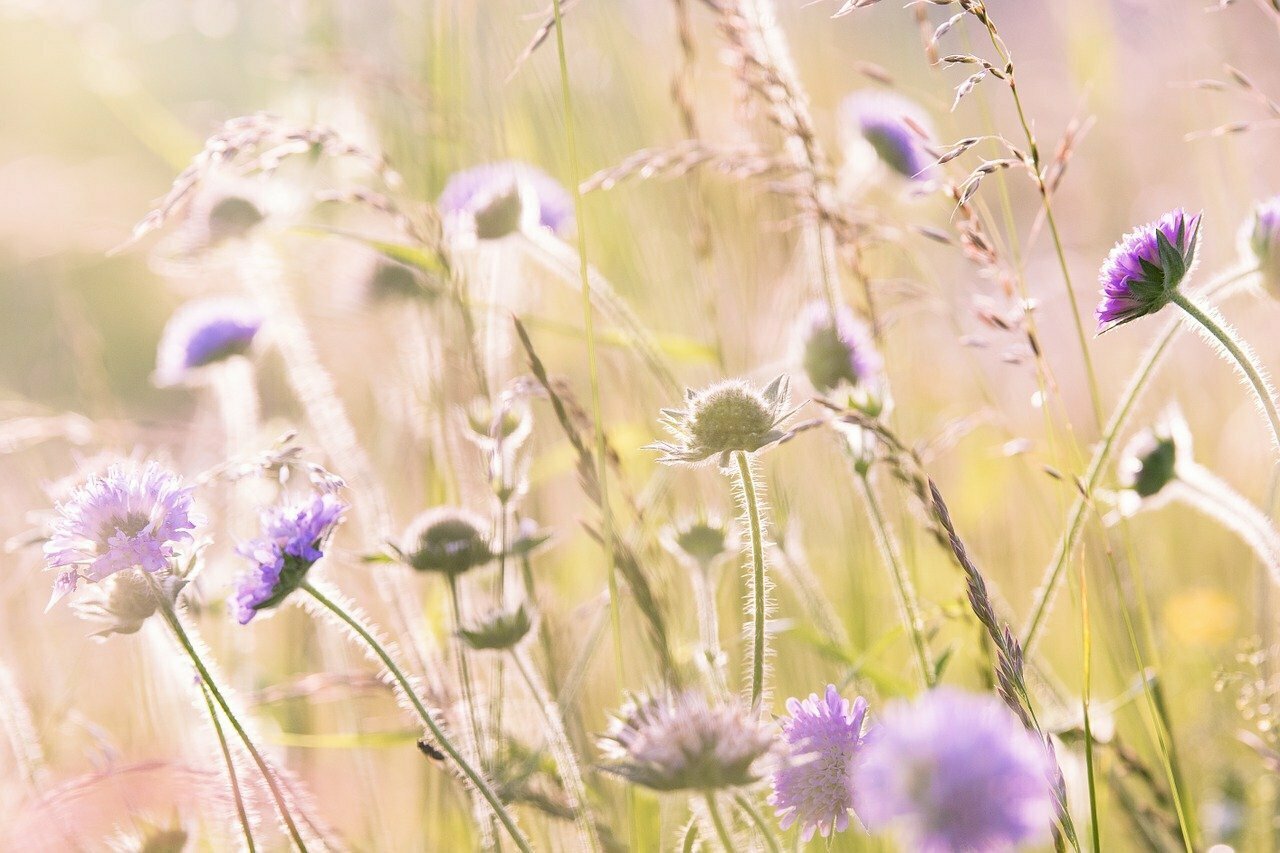
According to Rewilding Europe, rewilding is a progressive approach to conservation. It’s about letting nature rewild and repair itself (basically leaving it alone – put down the shears; back away from the lawnmower…). The philosophy is that nature knows best – by letting it do its thing and thrive, the natural world will provide its own response to the stuff we obviously don’t get i.e. climate change.
Many rewilding projects such as Rewilding Britain plan to reintroduce species to their natural habitat. Some encourage landowners to make a pledge to rewild their land and farmers to protect wild habitats in hedgerows, allow natural thickets and ancient woodland to thrive in a bid to attract wild animals and pollenating insects.
We as individuals can make a difference, too, encouraging our local councils or landowners to rewild common land or roadside hedgerows and roundabouts. Or we can simply down tools and let our own backyard lawns run rampant instead of trimming them within an inch of their lives, chucking in some wildflower seeds to attract bees and butterflies (see the RSPB’s Don’t Mow – Let it Grow campaign) - even digging a pond, if you have the space.
Rather than competing with the Jones’ over who has the most tidily trimmed hedges, it’s all about sitting back and admiring your overgrowth, knowing that by doing nothing you are saving the world. In an admittedly small but essential way.
Our relationship with wild places
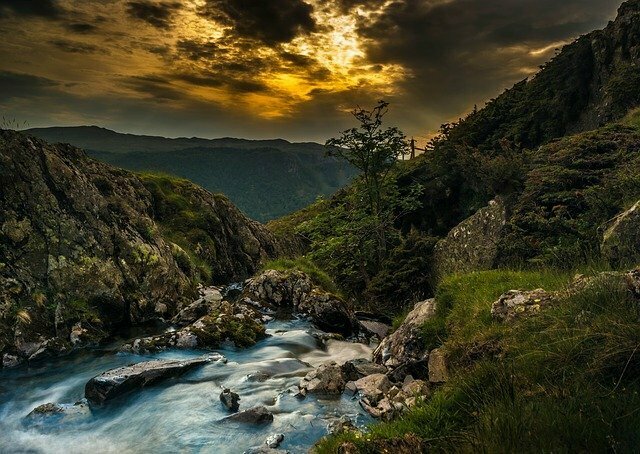
We’ve seen areas of natural beauty such as the Lake District being overrun by staycationers polluting and trampling delicate ecosystems. But it’s not just about staying away. It’s about developing – or re-developing – a healthy relationship with the natural world.
Our connection has been lost or broken, leading to centuries of plundering the earth’s resources. The unhealthy belief that we are somehow separate from nature has led to the devastating impact our existence has had upon the planet.
Yet nature is a part of us and we are a part of nature – it’s the air we breathe, the water we drink, the food we eat and the energy that sustains us. When we lose our connection to the natural world – and our integral wildness – our own biological processes and systems start to falter.
Why rewilding is good for us
Most of us have experienced the feelings of restorative wellbeing after a hike or cycle ride in nature, a walk along a wild coastline or a stroll through the forest. The fresh air, the wind on our faces and scents of plants, trees or salty sea air; the deep breaths we take as we absorb the scenery; the physical exercise.
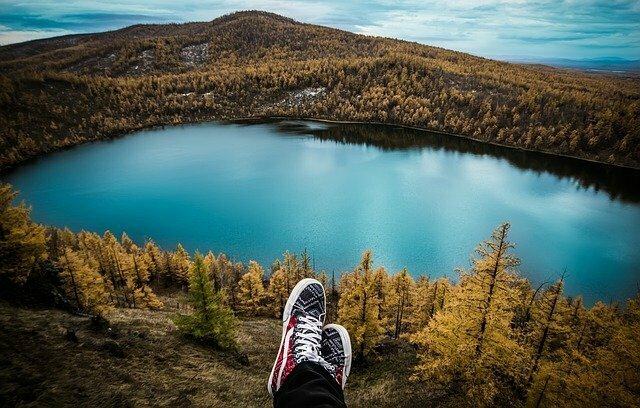
During lockdown, many of us – even those trapped in cities – found solace in wild spaces, becoming better acquainted with our local wildlife and reconnecting with seasonal change. As the industrial world stopped turning, a magical thing happened: the natural world re-emerged, from the dolphins in Venice, to deer and foxes roaming our streets.
The return of the wild was one of the rare pieces of good news that helped many of us cope with the doom and gloom of the pandemic. In our fast-moving world, it can be beneficial and grounding to slow down and reconnect to the rhythm of our natural surroundings rather than become absorbed in the abstract spaces of social media and technology.
We can apply the rewilding philosophy to our own problems: rather than seek solutions or constantly ‘improve’ our lives, we can tune into our instincts, go for a walk, enjoy the experience of being alive and accepting what is. In healing, this holistic approach trusts that we already contain the power within to heal ourselves.
Some of us blame the erratic British weather for days when we don’t connect with nature, yet there is plenty of evidence to suggest we should get out in the rain. The scent of the earth after it has rained has been found to activate brain waves associated with calmness and relaxation: the fragrance even has a name – Petrichor. A Japanese study found that exercising in the rain increases your metabolism (as well as cooling you down). Moreover, as an alkaline, it does wonders for your skin.

Rewilding outdoors is simple – tune into your five senses, ground yourself on the earth and give yourself over fully to the experience of connecting with nature.
If you are stuck indoors, there are ways to rewild as well. Make the most of your outdoor views, or skies. Bring the outdoors in. Grow indoor plants. Most of all, rewild yourself – tune into your instincts, find your roots, connect with your people and places, and let it all grow.
Five spas to rewild in
Serenity Spa at Seaham Hall:
Get a natural windswept salt-scrub facial walking along the wild Durham coastline and embrace nature in the surrounding AONB walks.
Lodore Falls Hotel & Spa:
This spa practically spills out into the Lake District. Swim outdoors while gazing at mountains and lakes.
The Spa at South Lodge:
Because it has a natural swimming pool, of course. Brave the cold and indulge your wild swimmer in their natural outdoor pool or lay on the lounger leafing through the eco-feminist classic Women who Run with the Wolves to unleash the wild woman within.
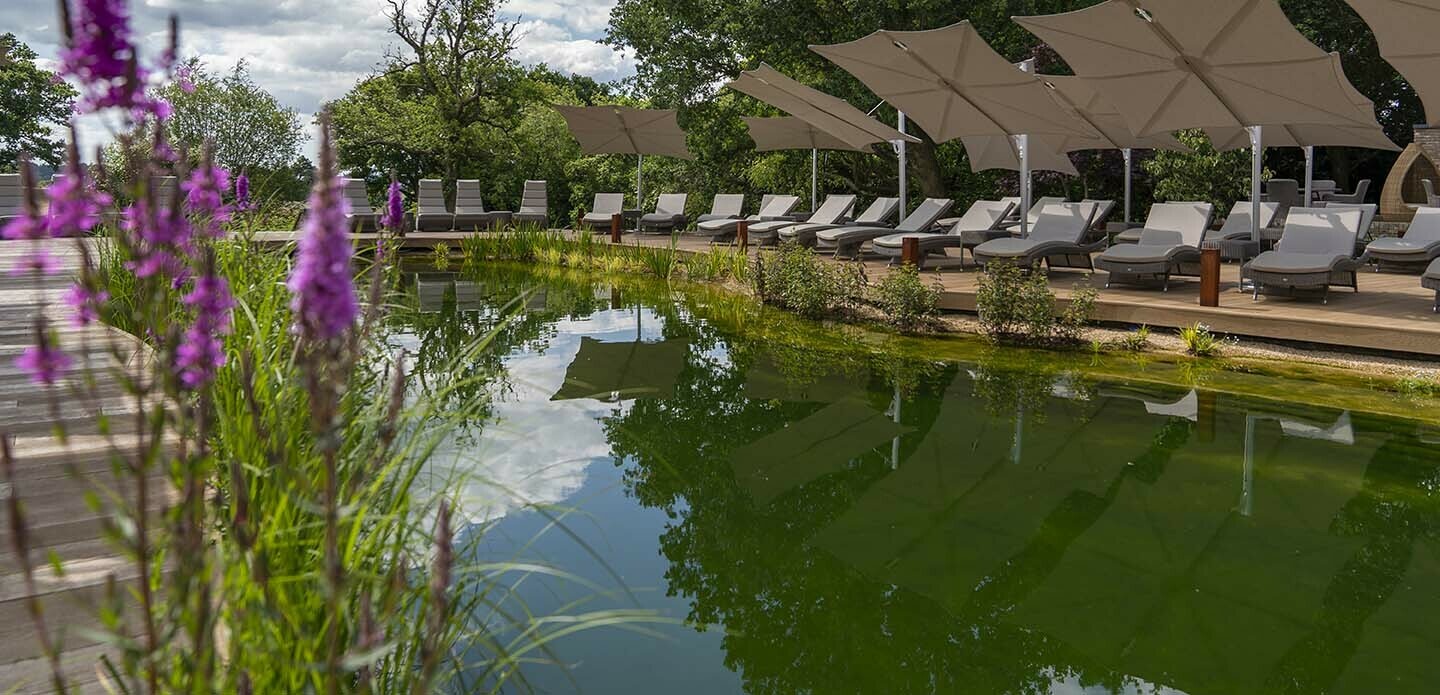
Chewton Glen Hotel & Spa:
Book into a luxury treehouse and sleep amongst the canopies with a copy of Richard Powers’ Booker nominated Overstory to help you connect to your inner tree.
Champneys Tring:
There’s a wild meadow and a wee forest to explore. There’s also glamping – think stargazing and spa-gazing from bell tents and shepherd’s huts.
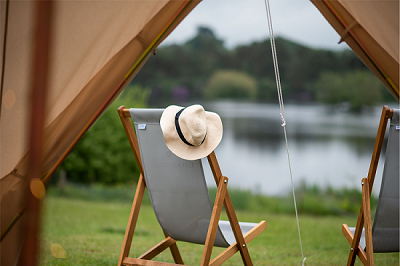

Savant Spy
24th August 2021
Spy Likes:
Clever, inspiring design, sublime views, a vast, clean and empty pool, solitary relaxation areas to read, write or commune with my muse.
Spy Dislikes:
Small talk, discussions about spirituality or astrology, any products containing tea tree oil or aloe (sadly am allergic), busy pools where you can’t do laps.
